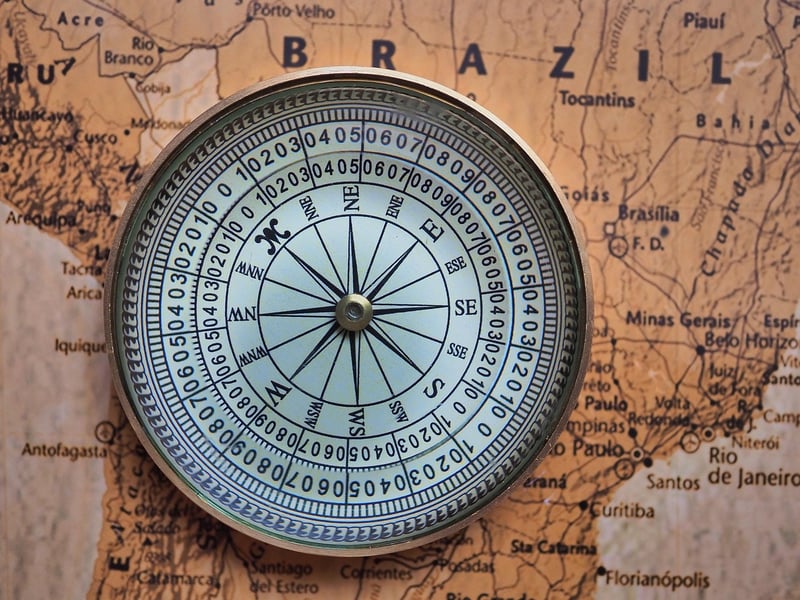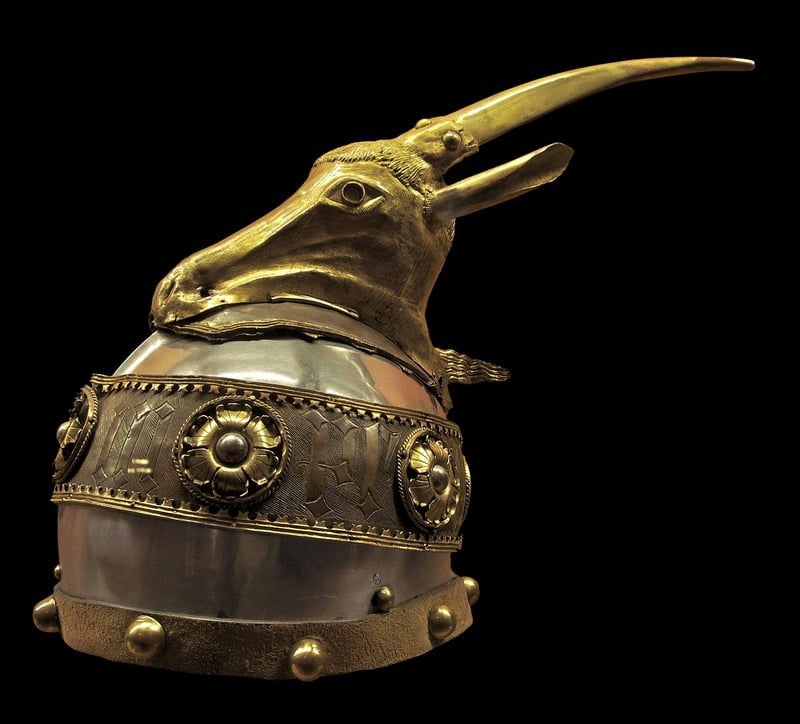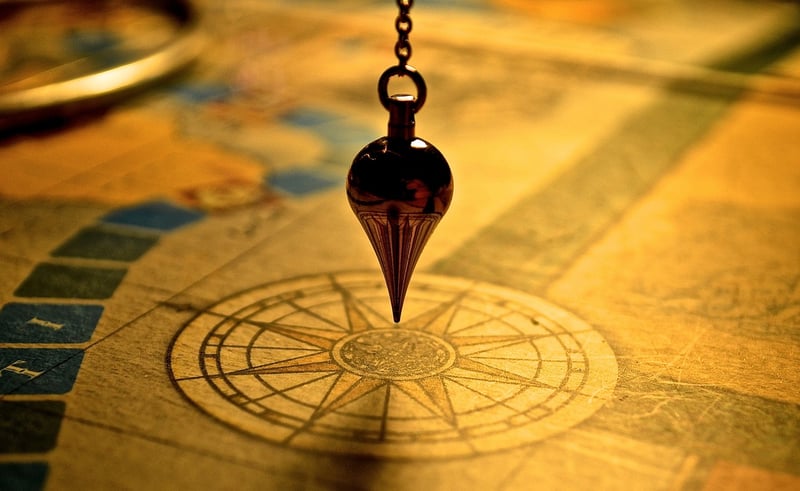Historical Guides
The Evolution of Navigational Tools and Historical Guides
Navigation has been an essential aspect of human civilization since ancient times. From ancient mariners charting the seas to modern travelers using GPS, the evolution of navigational tools has been a fascinating journey. Similarly, historical guides have played a crucial role in preserving our past and educating us about the world that came before us. Let's delve into the world of navigational tools and historical guides to understand their significance and evolution.
Navigational Tools Through Time
Throughout history, humans have developed various navigational tools to help them traverse vast distances and explore unknown territories. Here are some notable navigational tools and their evolution:
1. Compass
The compass, invented in ancient China, revolutionized navigation by allowing sailors to determine their direction even when out of sight of land. Over the centuries, the compass evolved from a simple magnetic needle to a sophisticated instrument used in modern navigation systems.

2. Astrolabe
The astrolabe, developed by ancient Greeks, was used to determine the altitude of celestial bodies, enabling sailors to calculate their latitude at sea. It was later refined and adapted by Arab navigators during the medieval period.

Historical Guides: Preserving the Past
Historical guides play a crucial role in preserving our past and educating future generations about the world's rich history. They provide insights into different eras, cultures, and events, allowing us to connect with our roots and learn from the experiences of those who came before us.
1. Museums
Museums are invaluable historical guides that house artifacts, artworks, and exhibits from various periods of history. They offer visitors a glimpse into the past and provide context for understanding different civilizations and their contributions to the world.

2. Historical Sites
Visiting historical sites such as ancient ruins, castles, and monuments is like stepping back in time. These sites serve as living reminders of our history and allow us to experience firsthand the legacy of past civilizations.

As we reflect on the evolution of navigational tools and the importance of historical guides, we gain a deeper appreciation for the advancements that have shaped our world and the lessons we can learn from our collective past.
Whether navigating the seas or exploring history, these tools and guides continue to enrich our lives and broaden our understanding of the world around us.
